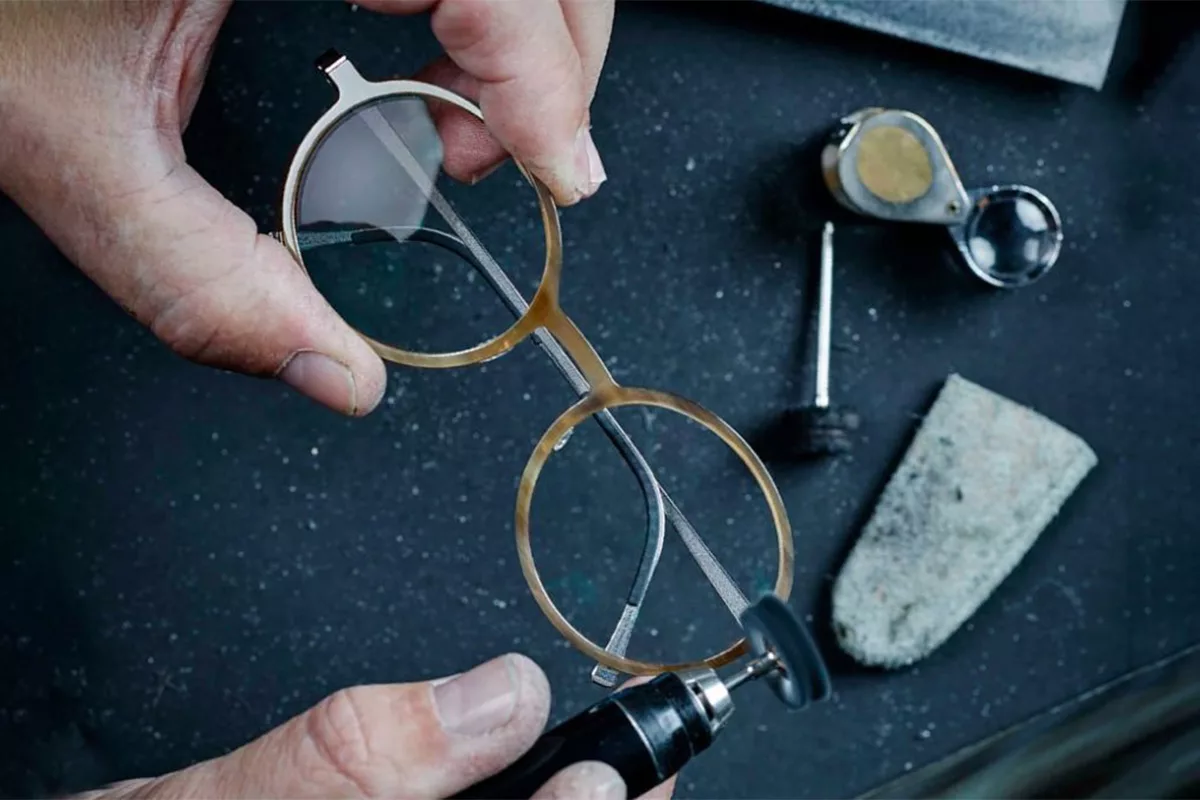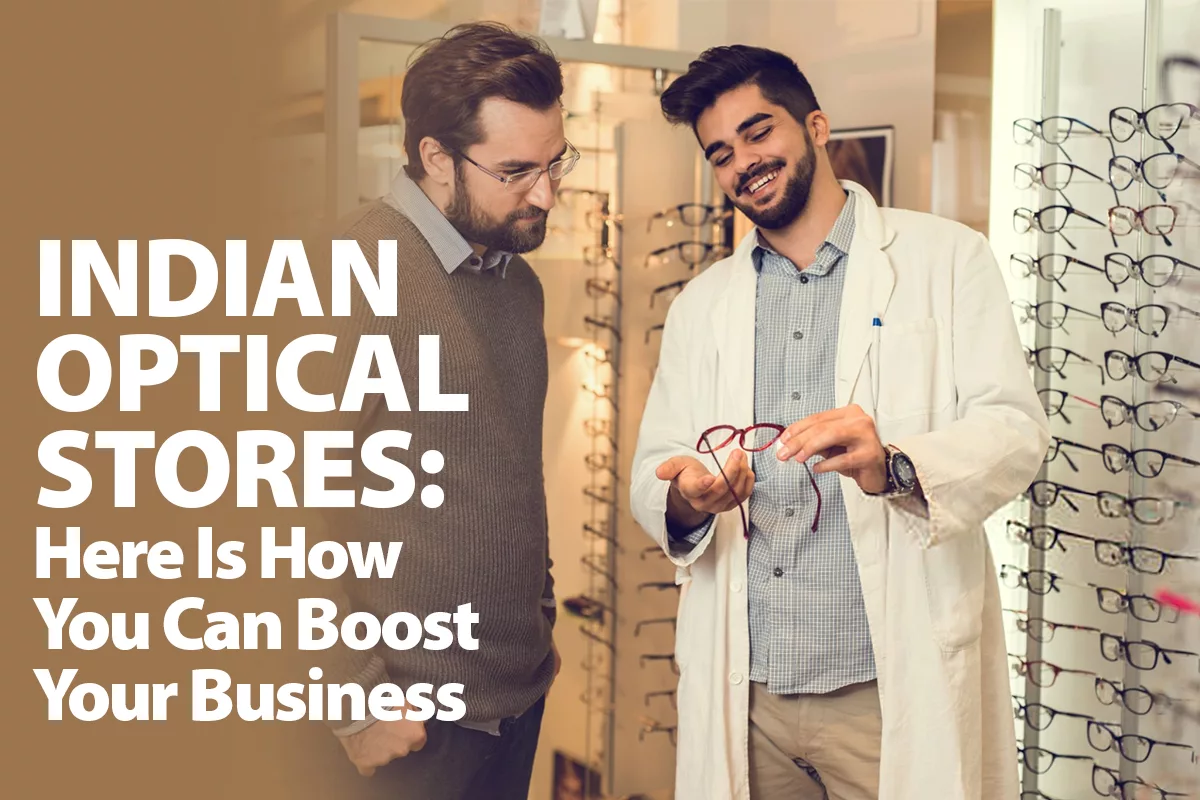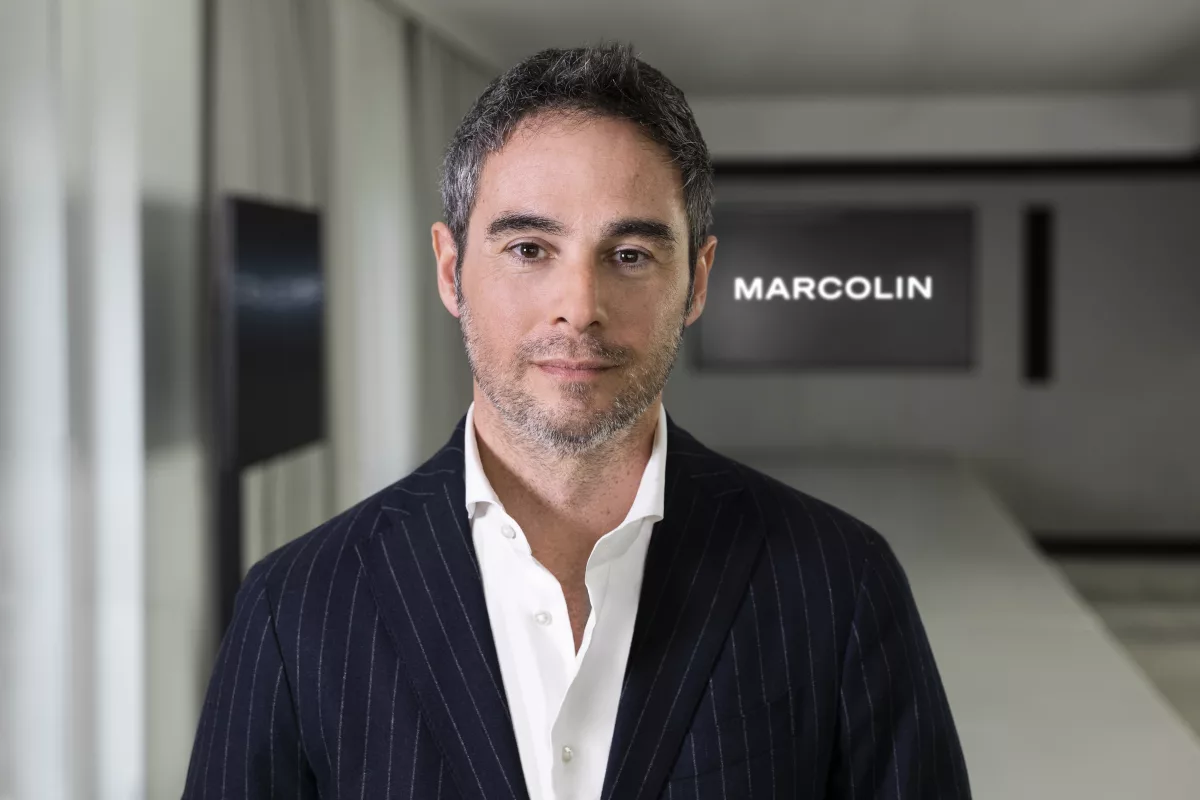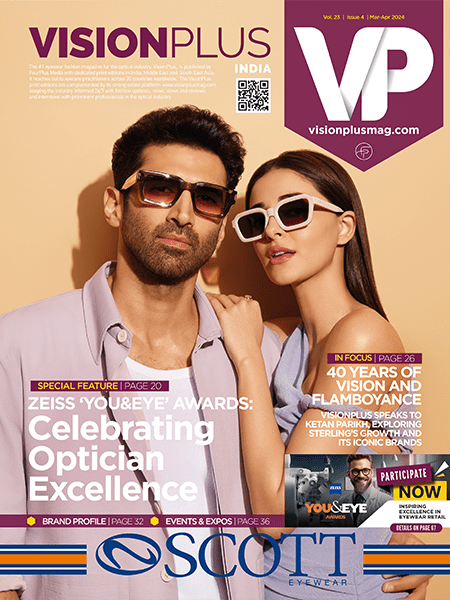

Shanghai, China, 1 March 2013: Myopia (or short-sightedness) affects the vision of around 1.5 billion people globally and by conservative estimates at least 300 million Chinese people. The prevalence among adolescents in China is extremely alarming, with studies in southern China suggesting it could be as high as 78% in 15 year-olds living in urban areas and 54% of 17 year-olds living in rural areas.
Another major vision concern for China is presbyopia (the loss of elasticity in our eyes affecting the ability to focus on near objects – usually demanding the use of reading glasses) which affects over one billion people globally.A staggering 150 million adults (40 years and over) in rural China are without correction for this condition (approximately 35% of China’s adult population) and a further 20 million people aged 5-39 do not have correction for other common refractive errors.
Hundreds of millions of Chinese could benefit from an inspiring new initiative involving international and Chinese expertise in Shanghai to develop advanced programs and products to slow the progress of myopia and to detect and treat, in a timely manner, other vision threatening problems.
The BHV-OPTINOVA research and training initiative, launched in Shanghai recently is jointly created by Brien Holden Vision Hong Kong Limited and Nova Vision Optical (HK) Limited, to conduct vision research, product testing and professional training for eye care practitioners with a view to improving the quality of vision care available for Chinese people with vision impairment due to refractive errors – the most common eye conditions in the world.
“There has been a dramatic increase in the prevalence of myopia in recent years, and the cost to the community of the higher levels of myopia drains health resources and negatively impacts on domestic and international economic productivity,” says Professor Brien Holden, CEO of the Brien Holden Vision Institute, the initiator of Brien Holden Vision Hong Kong Limited.

“The BHV-OPTINOVA research and training initiative will take a holistic approach to delivering better vision outcomes for hundreds of millions of Chinese people in need of vision correction because of refractive errors – not simply pursuing advanced products, but providing product testing services to ensure quality and professional training for eye care practitioners,” says Holden.
“This is a great opportunity to harness international knowledge and expertise to deliver vision correction products for the Chinese population. While current spectacle and contact lens designs offer satisfactory solutions it is imperative that new treatment breakthroughs are made to give people the best possible vision outcomes and to alleviate the negative impacts of the progression of these conditions,” he added.
The center is also aiming to contribute to the rapid growth in eye care services in China by assisting optometrists, optometric technologists and technicians to improve the services they provide. Prior to the establishment of the first optometry programs in the early 1980s eye care was generally provided by ophthalmologists operating out of city-based hospitals, with refractions carried out in eye hospitals and optical shops (which were largely responsible for dispensing glasses).
The number of optometry programs in China is growing and this means practitioner numbers are increasing, but so is the number of people requiring vision correction (and many still don’t have access to adequate eye care services),and there is a clear need to promote further growth and skills development in the eye care professions.
“This center will help address the need for professional development opportunities for eye care practitioners, facilitating improved standards of care in diagnosing and prescribing for patients, especially with continuing technological developments in instruments and eye wear,” says Holden.
“A highly skilled eye care workforce capable of using advanced technology to diagnose and manage eye health problems will be better equipped to detect sight threatening conditions,” he added.










